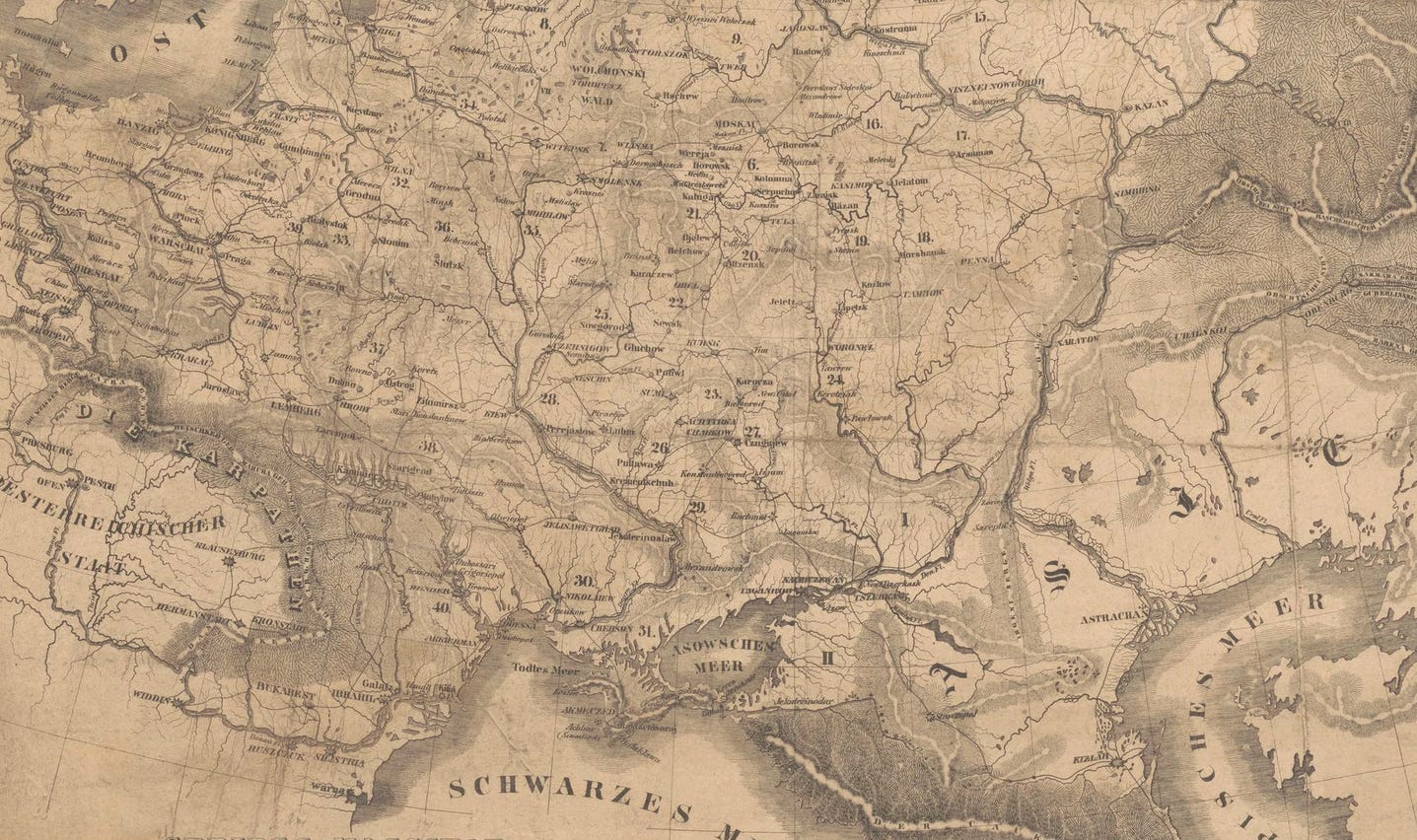Week signals: Fifty shades of political coercion
Plus: watch points for Bolivia, Australia, China, Japan, and Ireland.

Hello,
In this week’s edition of Week Signals:
IN REVIEW. Politics by other means, the methods of grey zone warfare, dangerous asymmetries, and the challenge of business continuity.
UP AHEAD. Elections in Bolivia and Ireland, meetings in Washington and Beijing, and a test in Tokyo.
And don’t forget to connect with me on LinkedIn.
Week Signals is the Saturday note for clients of Geopolitical Strategy, also available to GD Professional subscribers on Geopolitical Dispatch.
The Week in Review: Flooding the grey zone
Co-authored with Oscar Martin.
The week began with a fragile ceasefire in Gaza. It ended with renewed attempts to achieve one in Ukraine.
Fresh from claiming his eighth peace deal in eight months, Donald Trump is gunning for his ninth. A surprise call with Vladimir Putin on the eve of a meeting with Volodymyr Zelensky has led to a stay on sought-after Tomahawk missiles and plans for another summit with Russia’s leader, this time in Budapest. Scepticism, as in all things Trump, abounds. But as usual, it makes for great television.
And in that regard, as he strides the global stage and dominates every international debate, Trump’s diplomacy has more than a whiff of showmanship. Indeed, it may seem to be primarily about delivering a spectacle as he cements his grip at home, tests the boundaries of domestic institutions, and helps his associates get rich (the Financial Times reported this week that his family business has made $1 billion out of a policy-enabled crypto boom alone).
Trump’s diplomacy, in that sense, may be regarded as hybrid. To adapt von Clausewitz’s dictum – that war is politics by other means – Trump’s foreign policy might be seen as personality politics by other means. And it wouldn’t be a first. To use another dictum, sometimes attributed to the great Tip O’Neill, all politics is local. And all politics, local or otherwise, is about getting re-elected. To break with many of our fellow geopolitical analysts, there are no abiding national interests that transcend the hubbub of domestic intrigue. Everything is just grift, survival and self-interest, with a bit of history and geography thrown in as a framework of constraints.
So on that cynical note, how do we understand what’s going on in Ukraine and the other emerging hot spot, Venezuela? At the simplest level, these too are about grift, survival and self-interest, of Putin and Nicolas Maduro, respectively. But there’s also a hybrid element here, both in the narrative layers (historical rights and national pride on the surface; mafia-like patronage networks underneath), and in the methods (assassinations, sabotage, propaganda, brinksmanship). And of course, for anyone watching Trump’s gunboat diplomacy, such hybrid methods are being exercised by the US as well.
As the narrative and self-dealing aspects have been touched on before, this week we wanted to unpack the methodologies of hybrid war, particularly as it pertains to business, and with a particular focus on Europe. Oscar Martin, our Paris-based analyst, has led on this. We hope you find it useful, wherever you may be in the world.


